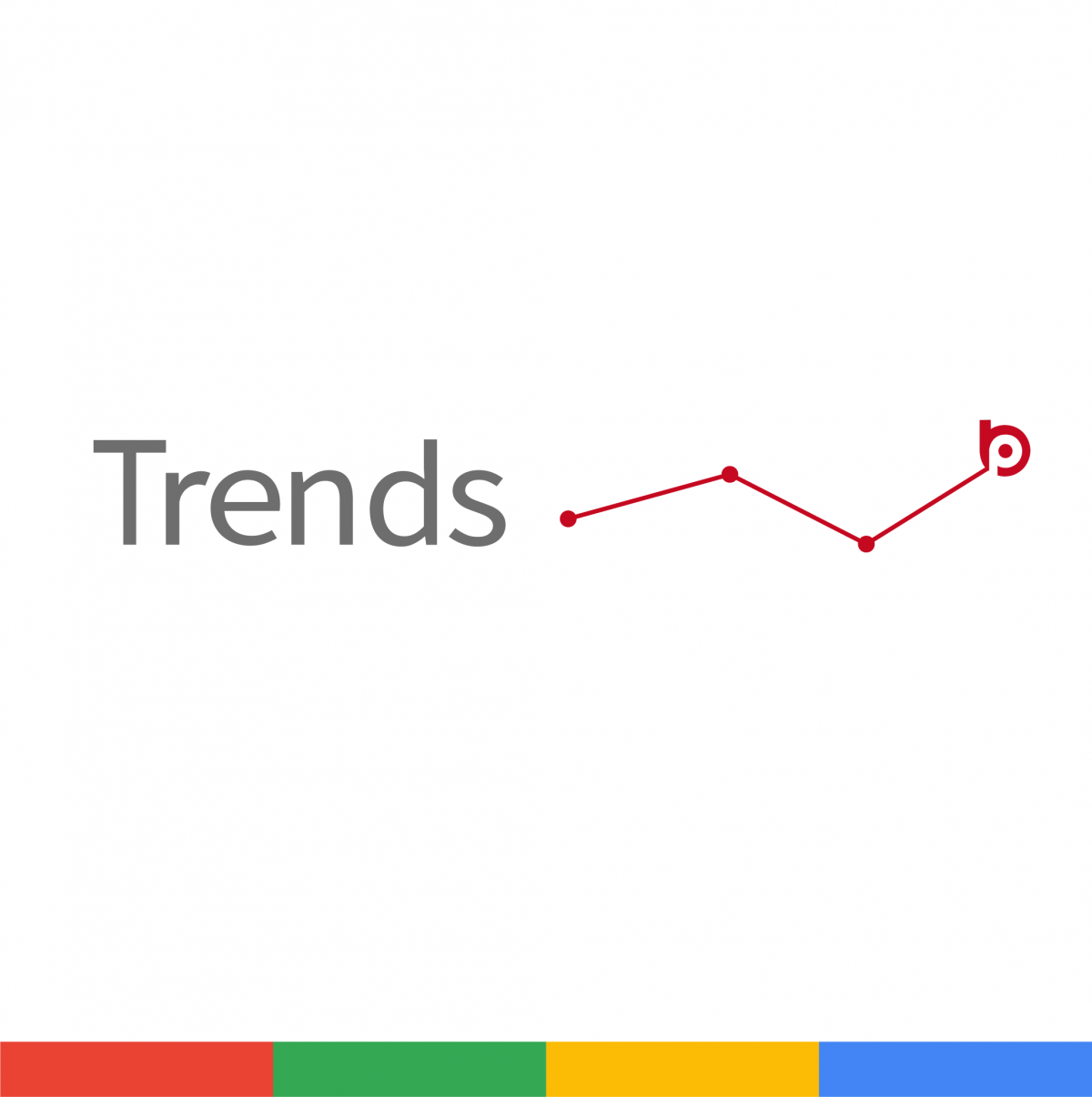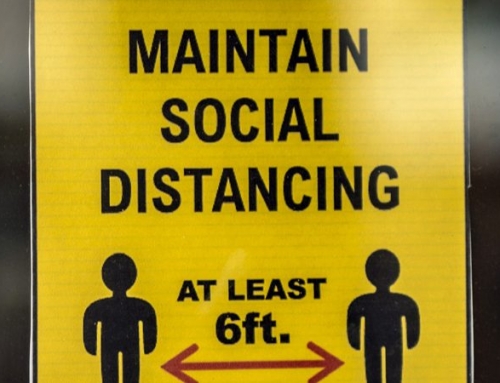Google rankings have been considered the holy grail of SEO & Digital Marketing for some time. As the most used search engine in the world, the technology behemoth is responsible for directing the vast majority of searches to their intended destination. Though the significance of performing well in Google rankings can never be underestimated, in 2019, simply boosting your rankings alone may not be enough to get you the traffic you need. Here are a few things to consider before pouring all of your time and resources into boosting your rank.
-
Some Digital Marketing Professionals Say Google Rankings Don’t Matter
As unusual as it sounds, there are some people who believe the importance of Google rankings has been massively overstated. Since the algorithms are constantly changing and developments such as personalised and encrypted keywords have led to a more unpredictable landscape, it’s far more difficult to ascertain whether or not your website is appearing at the top of the results consistently. In some cases, google analytics will no longer identify certain aspects of a user’s search, meaning the data you’re getting isn’t as specific and the rich and detailed keywords you may have been used to seeing are now listed as “not provided.”
Location, browsing on different devices and an individual’s search history are all key factors that are totally beyond the control of any digital marketing professional. Despite this, they all play a critical role in defining where your site will appear for users. Though keyword research is undeniably still important, it is never a guarantee for high volumes of actual traffic to your site. Ultimately, where you rank on google is still something to consider, but it should never be your only focus.
-
A Number One Position Doesn’t Always Mean Success
Paid results and local adverts will always appear before the first organic result. Recently, Google made some changes to the way that search results appear. It means that priority is given to both paid and local results. (For example, hotels, restaurants or tradespeople will often appear on the right-hand side of the page if the search terms are relevant.) Beneath this, there is now an additional drop-down menu including other similar searches that other users have carried out. Only after scrolling through this, will they come to the first organic result. In some cases, this can be confused with the paid results and passed over, causing users to click the links two or three positions down. Even when you do have a number one position, a recent study has shown that this only gets the highest amount of traffic 49% of the time. Though it is obviously helpful to rank in the top position, it is definitely not a guarantee of user engagement.
-
Obsessing Over Rankings Can Harm Your Business
If you spend all of your time, money and effort trying to drive your website to the top of the search results, the chances are, the rest of your business will suffer. Everybody understands that ranking highly is important, but not everybody seems to comprehend the cost and dedication required in order to do so. Marketing agencies and professionals exist for a reason, it’s difficult to keep a website on the first few pages of Google’s search results, let alone in the top spot. Paying an agency a substantial fee or dedicating your own resources and work hours to achieving this mythical milestone is always costly. In some cases, businesses end up focusing so much of their time and energy on achieving the top spot, that they’re unable to continue trading. Problems such as being underprepared for a slew of new orders, inadequate hosting packages and poor quality web design are among just some of the factors that can make the first place feel more like a consolation prize. When you’re running a business, you need to make sure you’re taking care of every element, not just your position in the search results.
-
Since 2019, Google Page Rank is Not Visible to Website Owners
This recent development means that users will need to use specific SEO tools that have been designed to copy the algorithm that Page Rank uses. Essentially, it works by looking at the number of links to your page as well as the “quality” of the sources. This means that reputable sites and well-known brands will be considered credible and authoritative, where poor quality sites or dead links will harm your rating. Though many of the SEO tools available can be quite reliable, there is no guarantee their data is 100% accurate, meaning that tracking your progress can be challenging. The changes Google makes are always intended to be improvements, but how you feel about them can depend on which side of the website you are sitting. As a user, this kind of initiative does mean websites have to focus on quality and hard work to get a decent ranking but as a business owner, it can feel frustrating not to be able to monitor your ascent up the ranks in real time with any accuracy.
By now, most marketing professionals and website owners understand that quality content, good design and link building are the keys to success, but so many of us still search for some kind of quick fix or magic solution when trying to raise our position in the search results. This doesn’t exist and no amount of short cuts, hasty backlinking, spamming or other ill-advised practices will change that. Though there may still be some exceptions to the rule, it seems like Google are doing everything they can to make sure sites with quality content and good user engagement are rewarded and that shady practices are penalised appropriately. Even though it may feel as if SEO was built around a set of dark arts and technical workarounds, the constant changes to the landscape mean there’s more emphasis than ever on the actual quality of the content and the overall user experience of each website.







